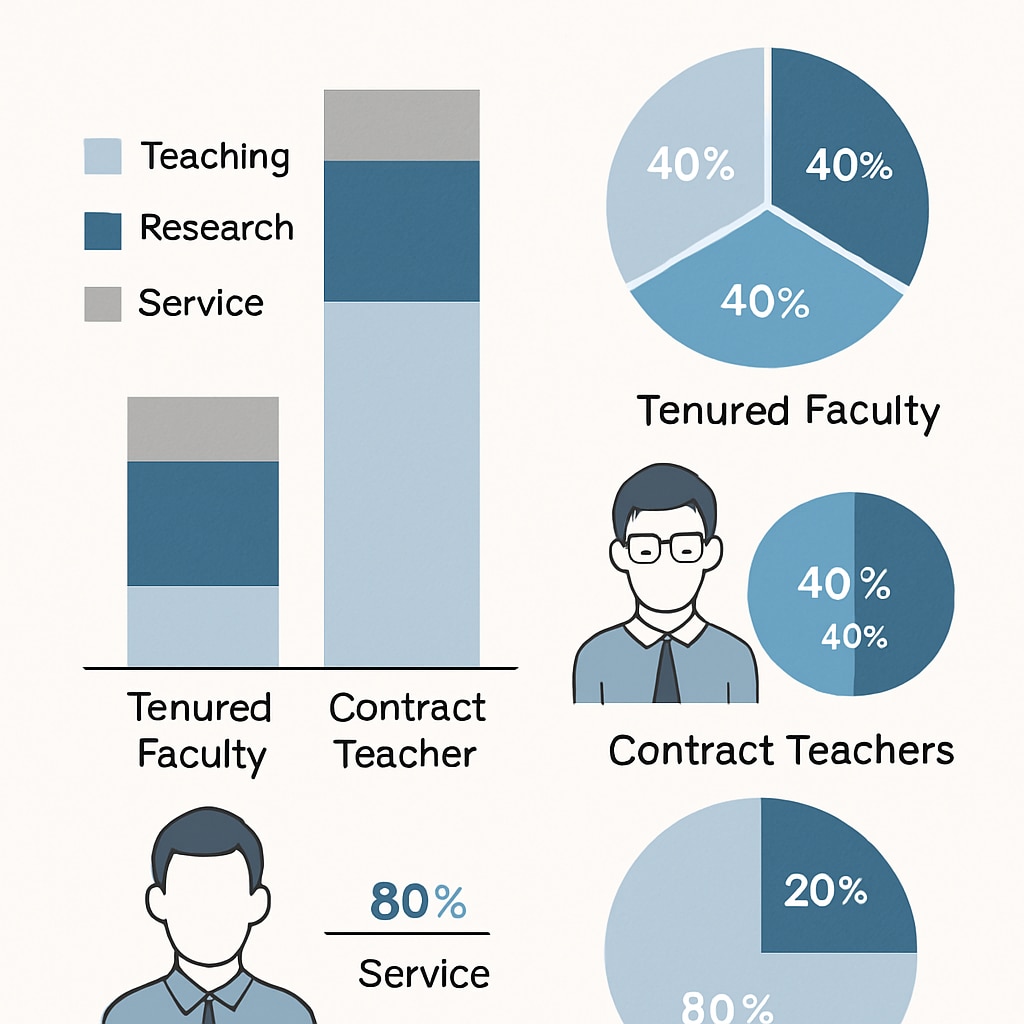The growing trend of academic institutions pressuring freelance teachers, research quotas, academic exploitation has created an ethical crisis in American education. What began as a problem in higher education has now infiltrated K12 systems, creating unsustainable burdens for contract educators. According to a National Education Association report, 63% of part-time teachers report being expected to conduct unpaid research.
The Creeping Normalization of Uncompensated Academic Labor
School districts increasingly treat research as an implicit job requirement for contract educators. This expectation manifests in three problematic ways:
- Mandatory publication quotas for contract renewal
- Unpaid curriculum development requirements
- Pressure to present at conferences without compensation

How Research Demands Undermine Educational Quality
When institutions prioritize unpaid academic work over classroom teaching, students ultimately suffer. A American Federation of Teachers study found that:
- Teachers spending 10+ weekly hours on uncompensated research show 22% lower student engagement
- Burnout rates triple among educators facing dual teaching/research loads
- 73% of affected teachers report decreased lesson preparation time
Furthermore, this practice creates a two-tier system where contract teachers face greater demands than tenured staff. As a result, many talented educators leave the profession entirely.

Pathways to Ethical Reform
Several solutions could address this systemic issue:
- Clear compensation policies for all academic work
- Separate research contracts from teaching agreements
- Union protections against uncompensated labor demands
Educational institutions must recognize that exploiting contract educators ultimately harms students and degrades academic integrity. Only by valuing all teachers’ labor can we build sustainable school systems.


